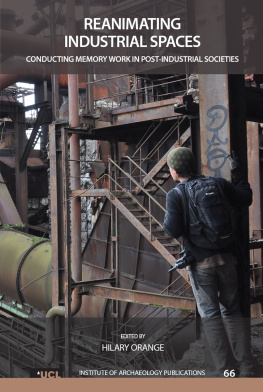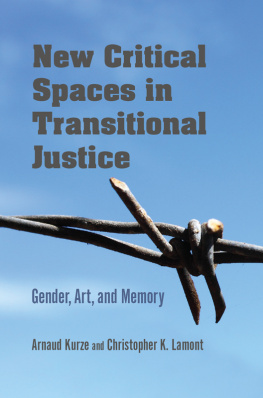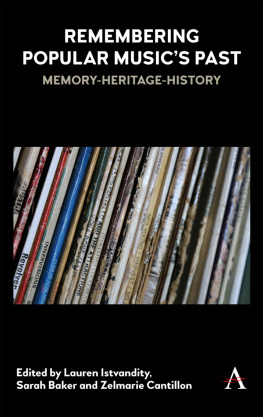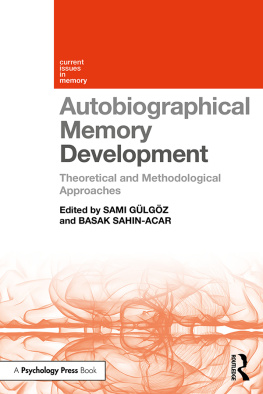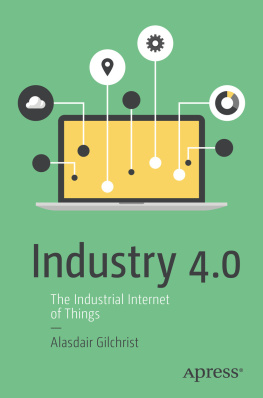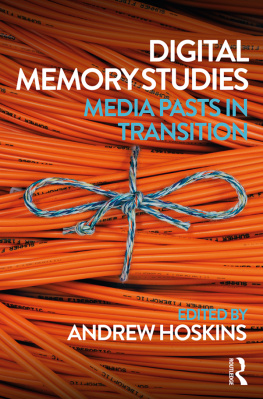
REANIMATING INDUSTRIAL SPACES

PUBLICATIONS OF THE INSTITUTE OF ARCHAEOLOGY, UNIVERSITY COLLEGE LONDON
Series Editor: Ruth Whitehouse
Director of the Institute: Sue Hamilton
Founding Series Editor: Peter J. Ucko
The Institute of Archaeology of University College London is one of the oldest, largest and most prestigious archaeology research facilities in the world. Its extensive publications programme includes the best theory, research, pedagogy and reference materials in archaeology and cognate disciplines, through publishing exemplary work of scholars worldwide. Through its publications, the Institute brings together key areas of theoretical and substantive knowledge, improves archaeological practice and brings archaeological findings to the general public, researchers and practitioners. It also publishes staff research projects, site and survey reports and conference proceedings. The publications programme, formerly developed in-house or in conjunction with UCL Press, is now produced in partnership with Left Coast Press, Inc. The Institute can be accessed online at http://www.ucl.ac.uk/archaeology.
Recent Titles
Hilary Orange (ed.), Reanimating Industrial Spaces
Franois G. Richard and Kevin C. MacDonald (eds.), Ethnic Ambiguity and the African Past Susanna Harris and Laurence Douny (eds.), Wrapping and Unwrapping Material Culture Helen Dawson, Mediterranean Voyages
Sue Colledge, James Conolly, Keith Dobney, Katie Manning, Stephen Shennan (eds.), The Origins and Spread of Domestic Animals in Southwest Asia and Europe
Julia Shaw, Buddhist Landscapes of Central India
Ralph Haeussler, Becoming Roman?
Ethan E. Cochrane and Andrew Gardner, Evolutionary and Interpretive Archaeologies
Andrew Bevan and David Wengrow (eds.), Cultures of Commodity Branding
Peter Jordan (ed.), Landscape and Culture in Northern Eurasia
Peter Jordan and Marek Zvelebil (eds.), Ceramics Before Farming
Marcos Martinn-Torres and Thilo Rehren (eds.), Archaeology, History, and Science
Miriam Davis, Dame Kathleen Kenyon
Elizabeth Pye (ed.), The Power of Touch
Russell McDougall and Iain Davidson (eds.), The Roth Family, Anthropology, and Colonial Administration
Eleni Asouti and Dorian Q. Fuller, Trees and Woodlands of South India
Tony Waldron, Paleoepidemiology
Janet Picton, Stephen Quirke, and Paul C. Roberts (eds.), Living Images
Timothy Clack and Marcus Brittain (eds.), Archaeology and the Media
Sue Colledge and James Conolly (eds.), The Origins and Spread of Domestic Plants in Southwest Asia and Europe
Gustavo Politis, Nukak
Sue Hamilton, Ruth Whitehouse, and Katherine I. Wright (eds.), Archaeology and Women
Critical Cultural Heritage Series, Beverley Butler (ed.)
Charlotte Joy, The Politics of Heritage Management in Mali
Layla Renshaw, Exhuming Loss
Katharina Schramm, African Homecoming
Mingming Wang, Empire and Local Worlds
REANIMATING INDUSTRIAL SPACES
Conducting Memory Work in Post-industrial Societies

Hilary Orange
Editor

First published 2015 by Left Coast Press, Inc.
Published 2016 by Routledge
2 Park Square, Milton Park, Abingdon, Oxon OX14 4RN
711 Third Avenue, New York, NY 10017, USA
Routledge is an imprint of the Taylor & Francis Group, an informa business
Copyright 2015 Taylor & Francis
All rights reserved. No part of this book may be reprinted or reproduced or utilised in any form or by any electronic, mechanical, or other means, now known or hereafter invented, including photocopying and recording, or in any information storage or retrieval system, without permission in writing from the publishers.
Notice:
Product or corporate names may be trademarks or registered trademarks, and are used only for identification and explanation without intent to infringe.
Library of Congress Cataloging-in-Publication Data:
Reanimating industrial spaces: conducting memory work in post-industrial societies/ edited by Hilary Orange.
pages cm. (Publications of the Institute of Archaeology, University College London; 66)
Includes bibliographical references and index.
ISBN 978-1-61132-168-5 (hardback) ISBN 978-1-61132-170-8 (institutional eBook) ISBN 978-1-62958-037-1 (consumer eBook)
1. Industrial locationHistory. 2. Industrial archaeology. 3. Collective memory. 4. Social history. I. Orange, Hilary.
HC79.D5R43 2014
609.009dc23
2014021820
ISBN 978-1-61132-168-5 hardback

Contents
Introduction
Hilary Orange


Telephone communications, a jewellery workshop, an iron foundry and a car plant: the industrial spaces which formed the settings of the postwar biographies of my family. The town of Leamington Spa, in Warwickshire, England, is better known for its Victorian spa rather than its light manufacturing. Conversely, Warwickshire is known as Shakespeare country, as the poet was born up the road in Stratford-on-Avon. At family gatherings, however, the focus of conversations rarely turned to Victorians or Elizabethan poets but instead to memories of work; the opportunity to reminisce over what used to be on this or that street, as well as the subsequent fates of former workmates and bosses. My background and time spent living in the East Midlands towards the end of the miners strike has strongly influenced my interest in the archaeology of twentieth-century British industries, my research on the post-closure landscape and communities of Cornish tin and copper mining, and ultimately my decision to edit this volume.
This volume grew out of two symposia: the first Reanimating Industrial Spaces session was held at the Theoretical Archaeology Group (TAG) meeting in Durham, England, in December 2009 (co-organised with Sefryn Penrose). The second session was held at the European Association of Archaeologists (EAA) meeting in Den Haag, Netherlands, in September 2010 (co-chaired with Emily Glass). The session at TAG explored cross-disciplinary approaches towards memory work (including ethnography) within post-industrial or deindustrialising settings. Despite the session being scheduled for the afternoon of the last day of the conference, and with heavy snow starting to fall, we were delighted to showcase a range of papers from researchers working in archaeology, the arts, geography and anthropology to an enthusiastic audience. The suggestion to consider a publication was muted before everyone rushed off to catch trains and to try to extricate their cars from snowbound car parks.
Next page
